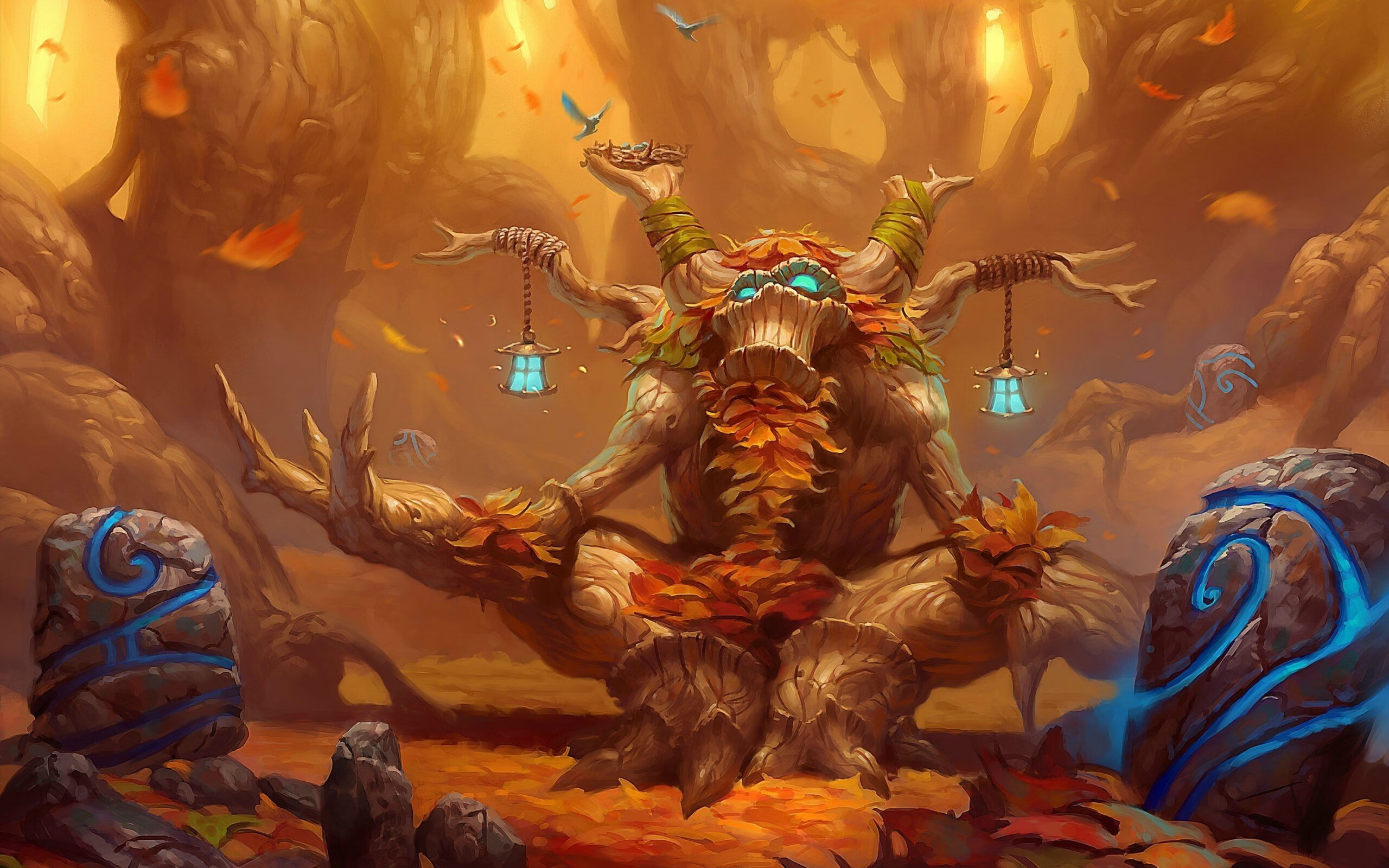 摘要:
十句英语的谚语1.Practicemakesperfect.熟能生巧.2.Godhelpsthosewhohelpthemselves.天助自助者.3.Easiersaidthan...
摘要:
十句英语的谚语1.Practicemakesperfect.熟能生巧.2.Godhelpsthosewhohelpthemselves.天助自助者.3.Easiersaidthan...
十句英语的谚语
1.Practice makes perfect. 熟能生巧.
2.God helps those who help themselves. 天助自助者.
3.Easier said

than done. 说起来容易做起来难.
4.Where there is a will,there is a way. 有志者事竟成.
5.One false step will make a great difference. 失之毫厘,谬之千里.
6.Slow and steady wins the race. 稳扎稳打无往而不胜.
7.A fall into the pit,a gain in your wit. 吃一堑,长一智.
8.Experience is the mother of wisdom. 实践出真知.
9.All work and no play makes jack a dull boy. 只工作不玩耍,聪明孩子也变傻.
10.Beauty without virtue is a rose without fragrance. 无德之美犹如没有香味的玫瑰,徒有其表.
11.More hasty,less speed. 欲速则不达.
12.It's never too old to learn. 活到老,学到老.
13.All that glitters is not gold. 闪光的未必都是金子.
14.A journey of a thousand miles begins with a single step.千里之行始于足下.
15.Look before you leap. 三思而后行.
16.Rome was not built in a day. 伟业非一日之功.
17.Great minds think alike. 英雄所见略同.
18.well begun,half done. 好的开始等于成功的一半.
19.It is hard to please all. 众口难调.
20.Out of sight,out of mind. 眼不见,心不念.
21.Facts speak plainer than words. 事实胜于雄辩.
22.Call back white and white back. 颠倒黑白.
23.First things first. 凡事有轻重缓急.
24.Ill news travels fast. 坏事传千里.
25.A friend in need is a friend indeed. 患难见真情.
26.live not to eat,but eat to live. 活着不是为了吃饭,吃饭为了活着.
27.Action speaks louder than words. 行动胜过语言.
28.East or west,home is the best. 金窝银窝不如自家草窝.
29.It's not the gay coat that makes the gentleman. 君子在德不在衣.
30.Beauty will buy no beef. 漂亮不能当饭吃.
31.Like and like make good friends. 趣味相投.
32.The older, the wiser. 姜是老的辣.
33.Do as Romans do in Rome. 入乡随俗.
34.An idle youth,a needy age. 少壮不努力,老大徒伤悲.
35.As the tree,so the fruit. 种瓜得瓜,种豆得豆.
36.To live is to learn,to learn is to better live.活着为了学习,学习为了更好的活着.
多记点总是好的 ~
简单的英文自我介绍带翻译
hello everyone.
大家好.
my name is xx.
我的名字是..
i'm a student in grade 6.
我是一名六年级的学生.
reading is my hobby.
阅读时我的好爱好
i'd like to read books suh as xxx.
我喜欢读书,例如..
althouth i'm interested in reading,i'm a open girl.
虽然我对阅读很感兴趣,我还是一个外向的女孩
i love singing very much .
我非常的喜欢唱歌.
求关于谚语的英语作文
这个可能长了一点,不过符合你的要求:
This is a collection of chinese proverbs (谚语 yàny?) and idioms (成语 chéngy?), given in and sorted by their pinyin transcription. Chinese proverbs and four and more character idioms are developed from the formulaic or social dialect/saying/expression (歇后语 in pinyin: xièhòuy?) and historical story in Chinese.
Some proverbs are literary, that is, from a written source. (See the historical written language or the more modern written language.) Others originated among families, street vendors and other commoners -- all walks of life.











